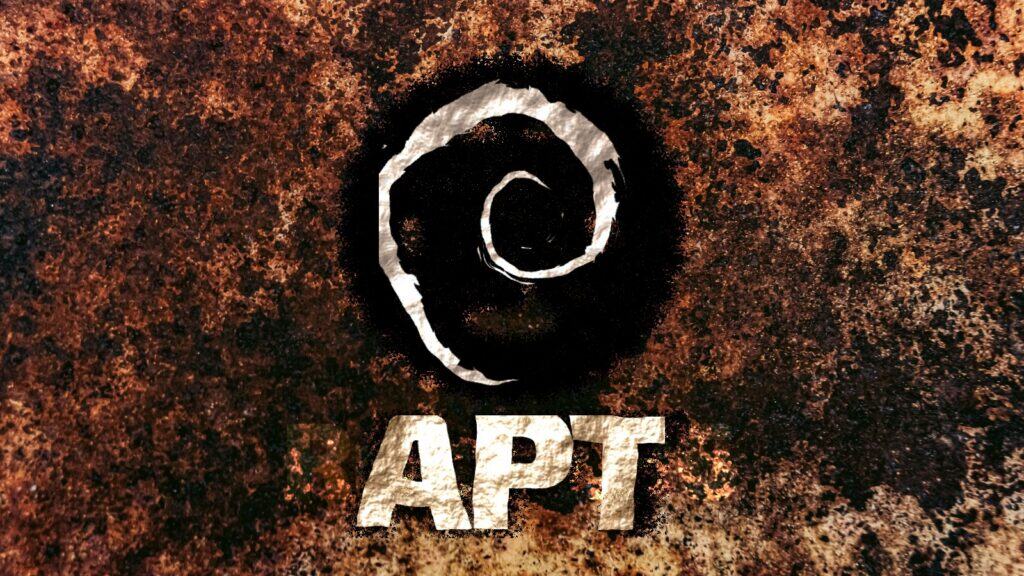In a message to Debian’s dev mailing list, Julian Andres Klode, a long-time Debian developer and one of the primary maintainers of the APT package manager, has announced plans to introduce hard Rust dependencies into APT beginning no earlier than May 2026.
Klode explained that this change will bring the Rust compiler, standard library, and parts of the Sequoia ecosystem into Debian’s core package management infrastructure. Initially, the Rust integration will focus on critical areas such as parsing .deb, .ar, and .tar files, as well as handling HTTP signature verification.
According to Klode, these components would “strongly benefit from memory-safe languages and a stronger approach to unit testing.” The goal is to improve both security and reliability by rewriting portions of APT’s low-level code in Rust, a language known for its compile-time guarantees against common memory-related errors.
“It’s important for the project as whole to be able to move forward and rely on modern tools and technologies and not be held back by trying to shoehorn modern software on retro computing devices.”
The decision also comes with a warning for maintainers of Debian ports that lack a working Rust toolchain. Klode urged them to ensure full Rust support within the next six months or consider sunsetting those ports. This effectively means that architectures unable to build Rust code will no longer be officially supported once the transition begins.
Surprising to some or expected to others, this marks a significant move for the Debian project as a whole. By embedding Rust into APT, the distro joins a growing number of major open-source projects, such as the Linux kernel, Firefox, and systemd, that are gradually adopting Rust.
And if I had to guess, I’d say this is just one of the first steps toward even deeper Rust integration in this legendary distribution, which is a good thing.
For more information, refer to the message on the Debian-devel mailing list.

The APT announcement was a statement by a single maintainer and no official statement by the Debian Project.
As a Debian Developer myself, I feel I have to rectify the claim in this article.
Given that Debian only supports officially x86/ARM/RISCV 64bit, ARM HF and Power, which are all Tier 1, and also IBM Z, which is Tier 2, it only affects community ports (such for PowerPC, m68k and so on). Theses ports could patch current APT version, and use another tool (there is plenty of it).
As long as it works apt-like, I do not care 🙂
I very seriously question the wisdom of this. Ubuntu’s attempt to rewrite their core utilities in Rust has not gone well for them. If I hear a lot of negative publicity from this or experience problems myself, I may very well jump ship to PCLinuxOS or maybe to Arch.
all major distros are incorporating rust and ubuntu does fix issues in what I call there development builds which are being used to create the next lts release. Nothing wrong with memory safe languages designed to eliminate entire classes of vulnerabilities. Heck even the linux kernel is incorporating rust.
“No earlier than May 2026” does not mean “by May 2026”. Quite the opposite: It means “after May 2026”!
Good I’m assuming this is the same apt package manger used by ubuntu?
Yes, and Linux Mint too.
Ubuntu yes, but Mint has it’s own apt release which is a python script that uses apt-get instead.
apt-get is still the APT package manager.
The CLI commands you invoke, whether they be “apt-get”, “apt”, or “aptitude”, doesn’t change the fact that it’s all APT.